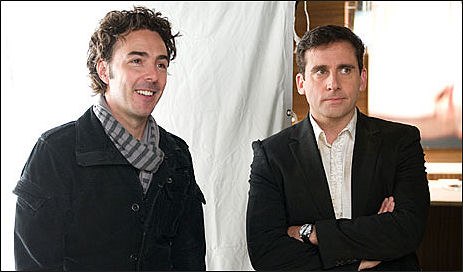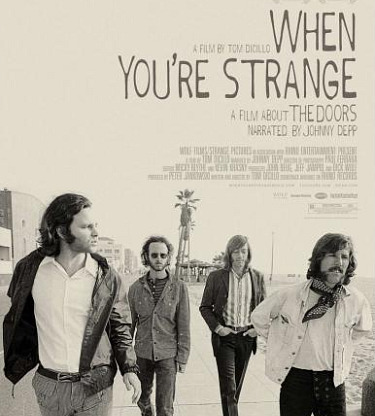I’m a late convert to Joan Rivers: A Piece of Work (IFC Films, 6.11), having missed it at Sundance and only just seen it a couple of days ago. I had relegated Rivers in recent years to an “uh-huh, whatever” status, partly because of her irksome red-carpet chatter and partly because of her 21st Century facial work, which suggests she may have been hurt in a terrible car crash (worse than Montgomery Clift) but was lucky enough to find a gifted plastic surgeon who was able to make her look as normal as possible.
Ricki Stern and Annie Sundberg’s documentary, which will play at the Tribeca Film Festival, has wiped that image away. It shows us what a “never say die” trooper Rivers is — 76 and combat-ready and slowing down for nothing. I now think of her as a highly admirable paragon of toughness and tenacity. Plus the doc deepens and saddens our understanding of who Rivers is, was and continues to be. Plus it has some excellent jokes (including one about anal sex that I laughed out loud at, and I’m basically a heh-heh type).
What a fighter she is…God! Frank and blunt, nothing off the table, takes no guff, lets hecklers have it in the neck, never stops performing, tough as nails.
One thing Stern and Sundberg don’t get into is the condition of Rivers’ personal life. I know she’s straight, so does she has a boyfriend of any kind? Even a platonic one? If they mentioned this aspect I missed it. I realize Rivers is too egoistically driven and too much of a busy-busy-bee to even think about making room in her life for any normally-proportioned relationship, but everyone needs a little TLC from time to time. Someone to be tender with, go out to dinner with, take walks with, etc.




